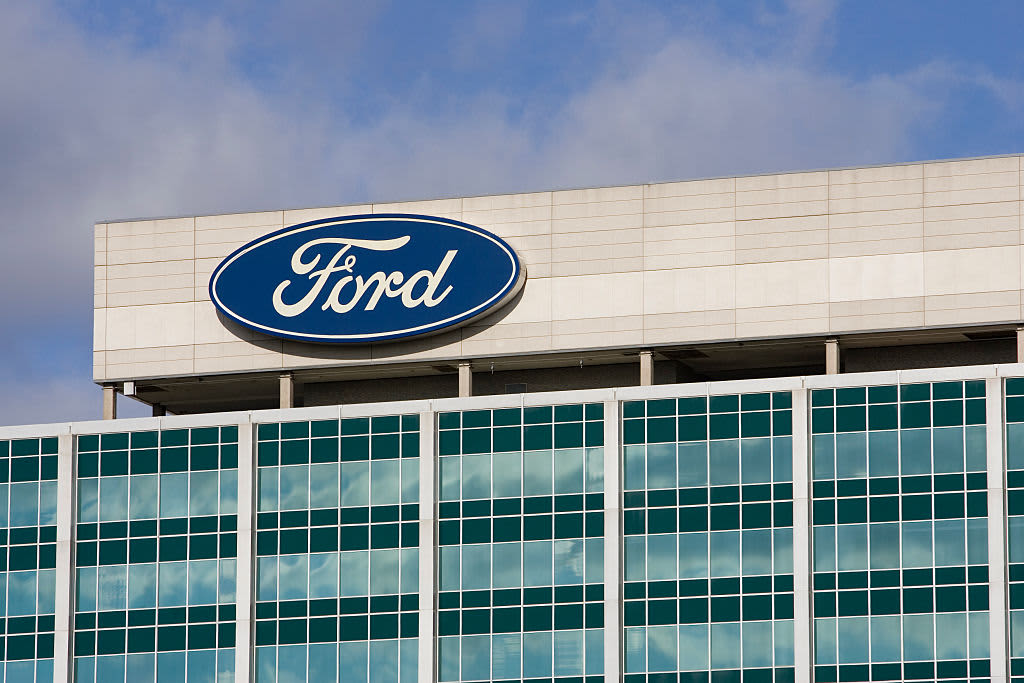
DETROIT: It is expected that most of the world’s approximately 86,000 Ford Motor employees who have not yet returned to work will begin to do so this summer through a new hybrid work schedule that offers employees more flexibility when they show up at the office .
The automaker informed staff of its plans Wednesday morning, a year after many of the company’s non-manufacturing employees began working remotely to help curb the spread of Covid-19.
According to Kiersten Robinson, Ford’s chief of staff and employee experience officer, the return to work is not expected to be greater before July. He said how much an employee will be able to work remotely will be based on their job responsibilities as well as discussions with managers.
“The nature of the work we do will be a guiding element,” Robinson told CNBC. “If there’s one thing we’ve learned over the last twelve months, it’s that a lot of our assumptions about work and what employees need have changed.”
According to a recent Conference Board report, approximately 40% of employers who went to work remotely at the start of the coronavirus pandemic are expected to return to office as early as this month. Most can make it voluntary for some and mandatory for others, depending on the think tank, or adopt some sort of flexible weekly schedule like Ford’s.
About 100,000 of Ford’s 186,000 employees, mostly manufacturers, have already returned to work. Working hours are not expected to change much, if any, for workers who need to be in a particular facility to perform their duties.
Ford’s main rival, General Motors, expects to begin reclaiming remote employees in June or July, according to company spokesman David Caldwell. The company has not announced any plans to employees, but Caldwell said it will “probably be more flexible” based on a person’s responsibilities.
Vaccines
According to Robinson, Ford’s decision followed several employee surveys over the past year about returning to work. Questions included preferences about working remotely and whether employees planned to get vaccinated.
“We’ve been working hard on exploiting the lessons learned over the last twelve months and the impact on how we think about the evolution of work at Ford,” he said. He said the carmaker surveys its employees almost every week.
Most Ford employees are expected to be vaccinated, Robinson said. The company does not require it, but provides information and resources to those who have not yet decided.
Office changes
The company hopes to continue requiring employees to wear masks and practice social distancing for at least the rest of this year, Robinson said.
These practices, as well as flexibility as to where and when employees can work, are not rigid, he said. Instead, he said the company will continue to learn and adapt to the wishes of employees as well as what health officials recommend.
“We don’t call it‘ the future of work ’, we intentionally call it‘ evolution ’because we will continue to learn as we go and use these learnings to tailor our practices and policies around flexible working as well as other areas,” Robinson said.
Once employees get back to work, Robinson said, the experience for many will be different. Instead of going to work “a little pointless” on a daily basis, it will be based on events such as meetings, presentations or projects that require more collaboration than others.
Ford has offered alternative work schedules, such as 10-hour days four times a week instead of the traditional five-day work week, but Robinson said the reception rate for these programs was low. It was one of many things the company will control over its new plans, he said.